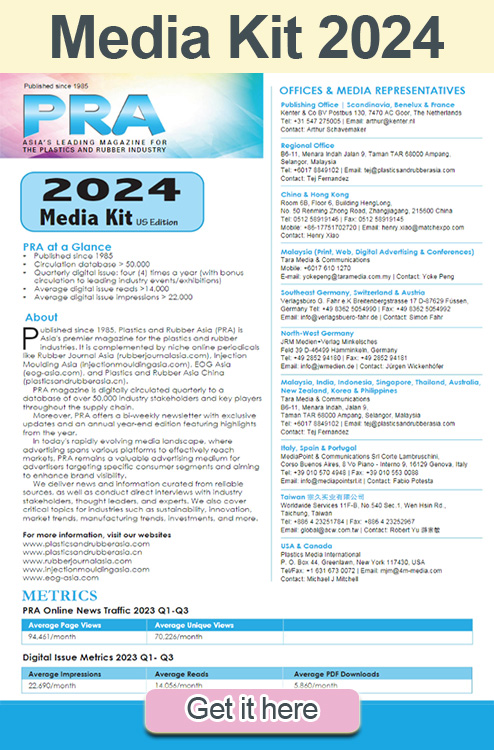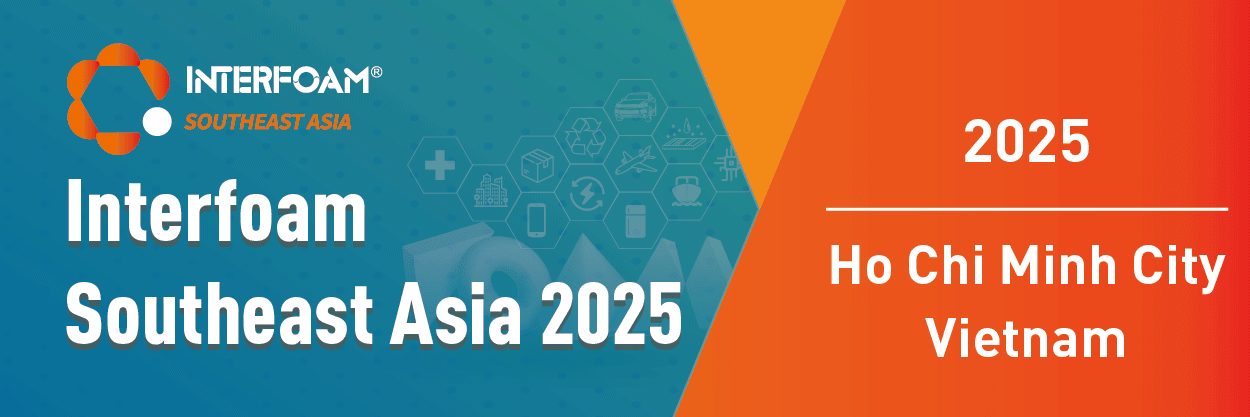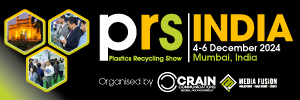Recycling: Idemitsu Kosan/Toyo Seikan to launch pilot plant for recycling waste material; Reliance first Indian company with recycled PP/PE to its credit
Japanese firms Toyo Seikan Group Holdings and Idemitsu Kosan Co are undertaking the joint start of a demonstration test on the recycling of plastic scrap material.

In the demonstration test, Chemical Recycle Japan Co, a subsidiary of Idemitsu Kosan, will use the plastic scrap material present in the manufacturing process of plastic products at the plants of Toyo Seikan Group as raw material. It intends to produce renewable fuel oil and chemicals by its technology of recycling used plastics into oil.
Through a series of these initiatives, Idemitsu Kosan will confirm the availability of using the recycled oil as a raw material for petrochemical products and fuel oils, and verify the feasibility of recycling plastic scrap material.
Toyo Seikan Group says it is striving to realise three types of societies zero carbon society, by switching materials used for its products from fossil-based to recycled and renewable materials, including plant-based plastics.
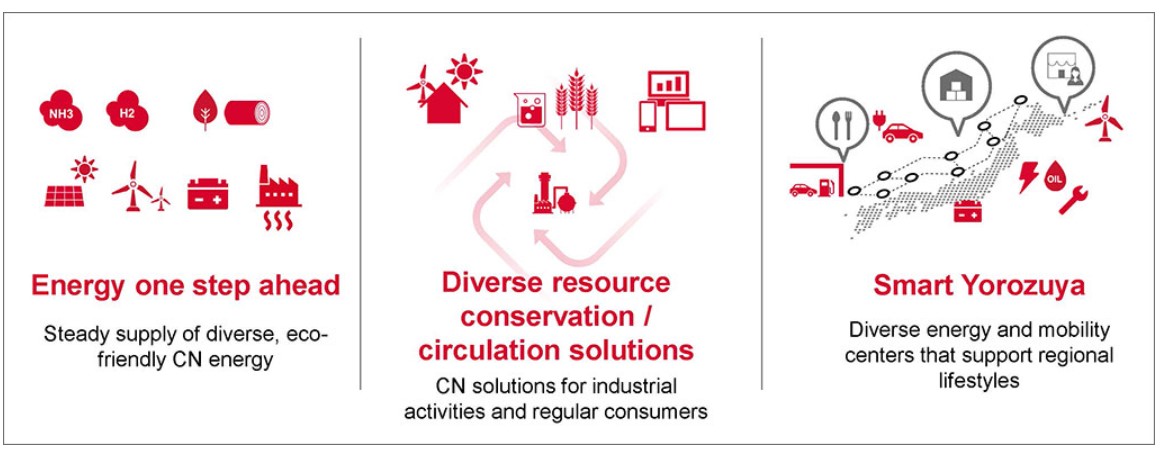
The initiative to recycle plastic scrap material is an important initiative both companies add.
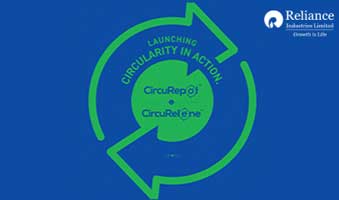
In other news, India’s Reliance Industries Limited (RIL), operator of the world's largest integrated refining and petrochemical complex, says it has become the first Indian company to chemically recycle plastic waste-based pyrolysis oil into International Sustainability & Carbon Certification (ISCC)-Plus certified Circular Polymers.
Reliance shipped its first batch of ISCC-Plus certified circular polymers, named CircuRepol (PP) and CircuRelene (PE).
Chemical recycling is a new development where the waste plastic, mechanically not recyclable, is converted to pyrolysis oil by suitable cracking of long polymer chain. Currently, most of the pyrolysis processes are based on thermal route which leads to lower yield and inferior quality of pyrolysis oil. RIL has developed a continuous catalytic pyrolysis technology which provides high yields of good quality pyrolysis oil from plastic waste. The process has been successfully demonstrated at demo scale.
CircuRepol and CircuRelene have been designed to lead the way in circular economy practices, it adds. RIL's Jamnagar refinery became the first refinery to get the important ISCC-Plus certification, proving that it can produce circular polymers through chemical recycling.
RIL has developed a technology that turns different types of plastic waste, including single-use and multi-layered plastics, into pyrolysis oil. The company is adds it is working with partners to increase the production.
Chemical recycling has many benefits, including turning plastic waste into high-quality materials for new plastic. These materials can be used for packaging that comes into contact with food.
(PRA)
Subscribe to Get the Latest Updates from PRA Please click here
©2023 Plastics and Rubber Asia. All rights reserved.

©2023 Plastics and Rubber Asia. All rights reserved.
Home Terms & Conditions Privacy Policy Webmail Site Map About Us